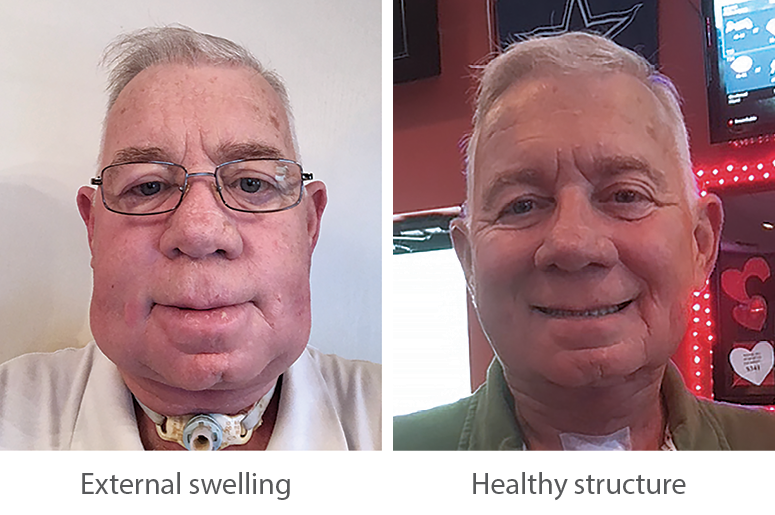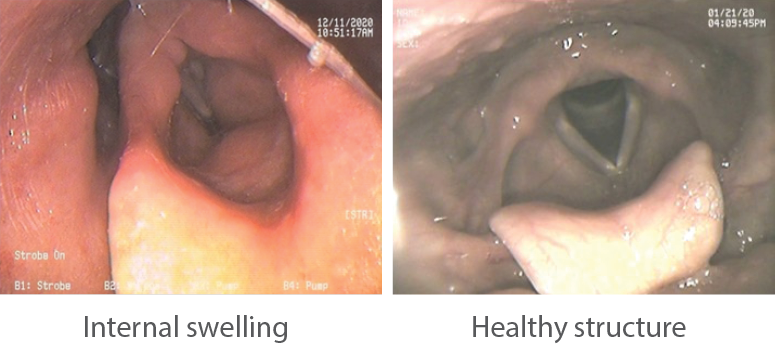Self-manual lymphatic drainage (MLD) guides
Take control of your lymphedema journey by doing self-manual lymphatic drainage (MLD), a way of gently using your hands to help your body move lymph fluid. Doing it regularly can ease swelling and discomfort and prevent symptoms from worsening.
Read More

